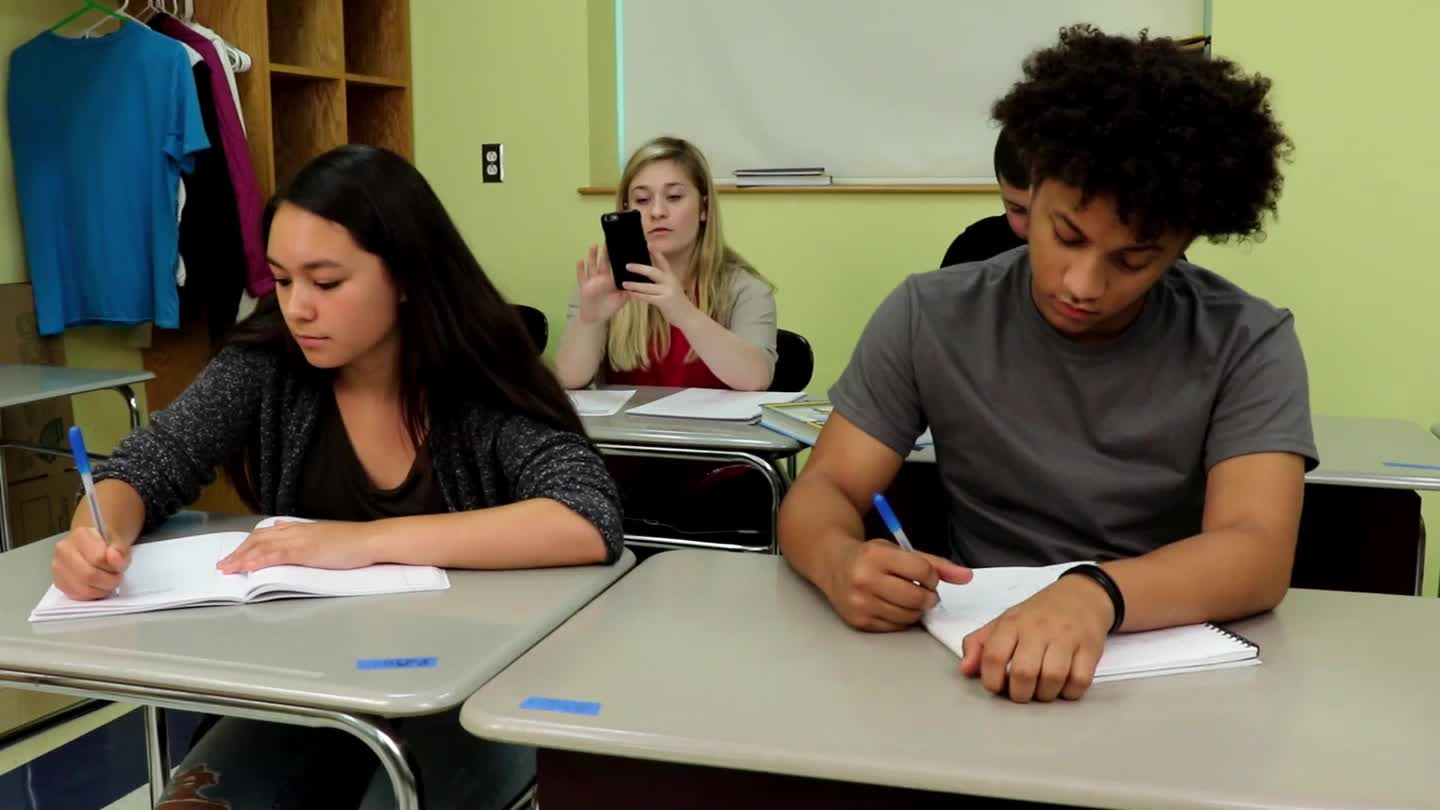
Introduction
Social-Emotional Learning (SEL) is an essential aspect of education that focuses on the development of social and emotional skills in students. One vital skill that students need to learn is understanding group behavior and adapting their actions accordingly. This blog post presents an overview of group behavior, an activity that requires no prep, discussion questions, related skills, and next steps to help educators guide their students in developing this essential skill.
No-Prep Activity: The Silent Observation Game
The Silent Observation Game is a simple activity that requires no preparation or materials from the educator. The objective of the game is to help students become more aware of their surroundings and the behavior of others in a group setting.
- Ask the students to sit quietly in a circle or at their desks.
- Explain that they will be observing each other silently for a set amount of time (e.g., 2-3 minutes).
- During this time, students should pay close attention to the body language, facial expressions, and actions of their peers.
- After the observation period, ask students to share their observations and discuss any patterns or group behaviors they noticed.
This activity encourages students to be more observant and aware of their surroundings, helping them understand and adapt their behavior to fit in with a group.
Discussion Questions
Use these questions to stimulate further discussions about understanding group behavior and adapting to different social situations:
- What are some examples of situations where you have had to adapt your behavior to fit in with a group? How did you feel during those situations?
- Why is it important to be aware of the behavior of others in a group setting? How does it help us build positive relationships with our peers?
- Can you think of a time when you noticed someone else struggling to fit in with a group? How did you or others help them feel more comfortable?
- What are some strategies you can use to adapt your behavior when you are unsure of what is expected in a group setting?
- How can being aware of group behavior help you become a better listener and communicator?
Related Skills
Besides understanding group behavior, there are other relevant skills that students should develop to navigate social situations effectively. These include:
- Active listening: Paying full attention to the speaker, understanding their message, and responding thoughtfully.
- Empathy: Putting oneself in another person’s shoes and understanding their feelings and emotions.
- Nonverbal communication: Being aware of body language, facial expressions, and gestures to convey or interpret messages without words.
- Conflict resolution: Identifying and addressing disagreements in a respectful and constructive manner.
Next Steps
Helping students understand group behavior and adapt their actions is a crucial component of their social-emotional development. To access free sample materials on this skill and others, be sure to sign up at Everyday Speech. These resources can assist you in providing engaging and effective lessons to support your students’ growth in social-emotional learning.

